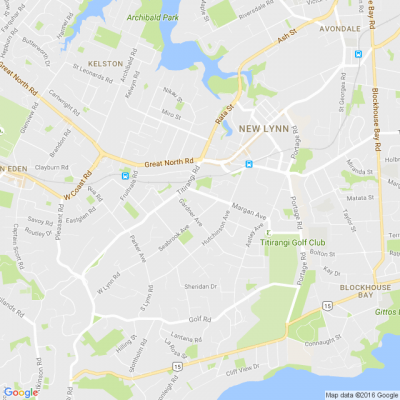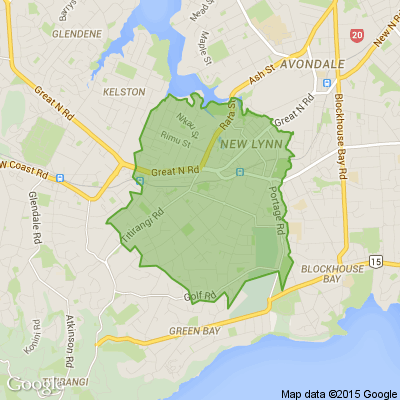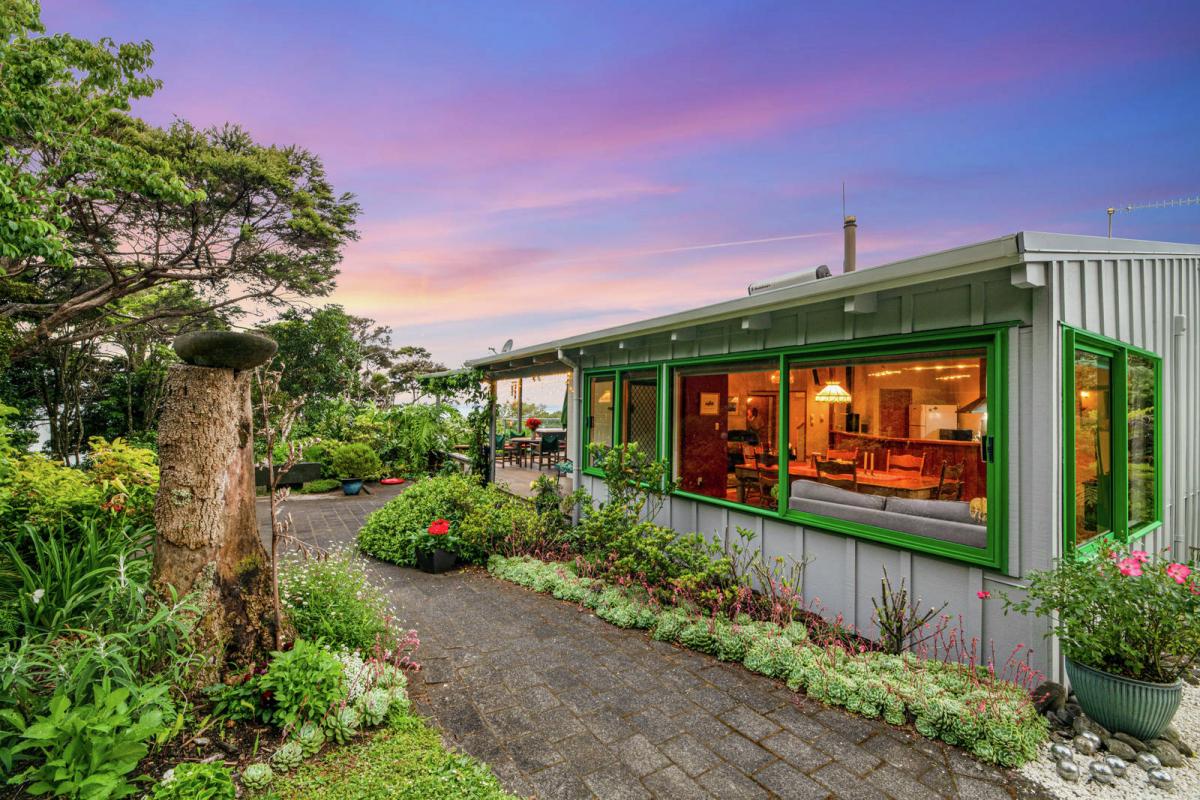Why is there still so much plastic in our supermarkets?
OK, so we've got rid of plastic bags. But what about all the other stuff? Phasing plastic packaging out is a mammoth task, but some of the industry's main players are working hard to promote change. Next time you're at your local supermarket, have a look around. Go up and down each aisle and have a good nosey. How much stuff is in packaging of some kind? Most of it, yes? And now consider this: how much of that packaging is really necessary? The answer is not as simple as you think. Take a cucumber wrapped in plastic. Ridiculous, right? Not so, says Paul Evans, CEO of industry body WasteMINZ. "Everyone goes 'this is terrible, it's unnecessary.' But that plastic is necessary to extend the life of the cucumber, shield it from bruises, protect it during transport and keep it safe from contaminants," he says. "People don't realise that wasting that cucumber is far more environmentally damaging than the bit of plastic around it. It's had water and energy put into it, it's been transported to market – maybe from overseas – so there are emissions associated with it. "Then when it degrades, it goes to a landfill and creates methane. People go 'oh, it's just a bit of food', but there are impacts associated with that." It's a small example, but one illustrative of the complexity of the challenge faced by the world as we try to wean ourselves off single-use plastic. It's not as simple as just getting rid of the stuff. But single-use plastic, as we all should know by now, is a problem. A big problem. In 2017, the first-ever global tally of how much plastic has been produced, discarded, burnt or put in landfills since the mass production of the stuff began 60 years ago came up with this figure: 8.3 billion tonnes. If that's sobering, consider this: only 9% of it has been recycled. That's right, most of it is still out there in some form – sources vary, but it can take plastic anywhere between 400-1000 years to degrade. Increasingly, it's in the sea. Each year, 8 million tonnes of plastic ends up in the oceans and if we carry on at this rate, there will be more plastics than fish in there by 2050. It's fair to say it's bad, then. And it's been bad for a while.
==========================================================
Riddle Me This, Neighbours! Bet You Can’t Guess It!
Sometimes narrow, sometimes wide, wind or rain, I stay outside.
Even if there’s heat or snow, from house to house I will still go.
What am I?
Do you think you know the answer to our daily riddle? Don't spoil it for your neighbours! Simply 'Like' this post and we'll post the answer in the comments below at 2pm.
Want to stop seeing riddles in your newsfeed?
Head here and hover on the Following button on the top right of the page (and it will show Unfollow) and then click it. If it is giving you the option to Follow, then you've successfully unfollowed the Riddles page.

New lottery, new home
For only $15 a ticket, you could win this brand-new, fully furnished Jennian home located in Clarks Beach, Auckland.
This coastal town offers the perfect escape, just a short drive from the city.
Valued at over $1 million, this home features three bedrooms and generous open-plan kitchen, living, and dining area. It is waiting to be loved by its new owner.
Make this property your permanent residence, a holiday home, a rental, or simply sell it!
Get your tickets today at heartlottery.org.nz

What's your favourite recipe for courgettes?
Kia ora neighbours. If you've got a family recipe for courgettes, we'd love to see it and maybe publish it in our magazine. Send your recipe to mailbox@nzgardener.co.nz, and if we use it in the mag, you will receive a free copy of our January 2025 issue.








 Loading…
Loading…













